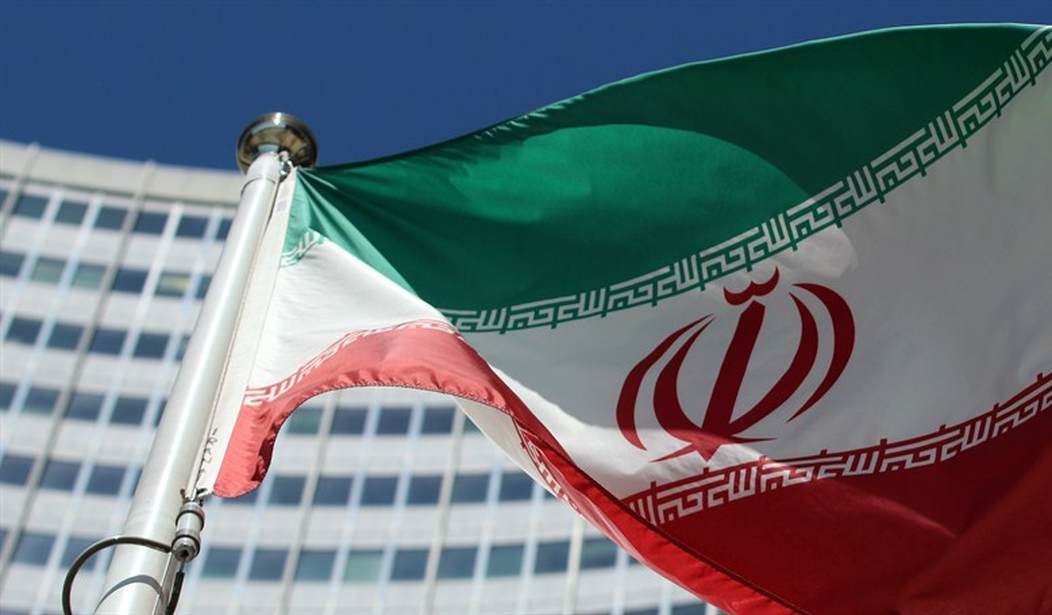The United Nations must open an inquiry into the horrendous mass murder of political dissidents by Iran’s regime in 1988. It is long overdue. That is a call that dozens of former UN officials and international human rights experts made to the UN this month. I am proud to be one of the signatories.
The open letter was signed by over 150 international legal and human rights experts, including former UN High Commissioner Mary Robinson. Former Deputy UN Secretary-General Mark Malloch-Brown also signed.
Our letter to the UN calls for the “establishment of an international investigation” looking into the killings of at least 30,000 political prisoners in 1988, the majority of whom were supporters of the main opposition movement Mujahedin-e Khalq (MEK), which has struggled for a democratic, free and secular Iranian government for the last four decades.
Iran’s “summer of blood” in 1988 took place after former regime supreme leader Khomeini issued a “fatwa,” or religious decree, ordering the execution of MEK supporters who insisted on their democratic ideals. In a few short months, “death committees” rounded up tens of thousands of political prisoners and executed them. The bodies of the victims were dumped into mass graves across the country.
Seven senior UN human rights rapporteurs in September joined a growing chorus of rights groups to describe the massacre as a “crime against humanity.” In fact, the government of Canada, whose former Prime Minister Kim Campbell was also a signatory of our letter, officially described the 1988 massacre as a “crime against humanity” in 2013.
Since 1988, the regime has worked hard to cover up these horrors, and the public is banned from visiting the more than three dozen sites of mass graves that have been uncovered so far. The regime has hidden some of the sites with concrete or built structures on top. More recently, it forced families of the religious minority of Bahai’s to bury their dead in the Khavaran Cemetery in Tehran, where many of the victims are buried. Amnesty International says that these attempts constitute “ongoing” crimes against humanity.
Recommended
Still, the world has not held the regime accountable.
In 2016, an audiotape of Ayatollah Hossein-Ali Montazeri, Khomeini’s designated successor in 1988, surfaced, in which he discussed the massacre with high-ranking officials. Montazeri states that the massacre was “the greatest crime committed under the Islamic Republic” and that the "world will condemn us.”
The fact that senior officials were present at this meeting proves their direct culpability in the heinous crimes against humanity in 1988.
In this month’s open letter, former UN officials and rights experts appeal “to the UN Human Rights Council to end the culture of impunity that exists in Iran by establishing a Commission of Inquiry into the 1988 mass extrajudicial executions and forced disappearances. We urge High Commissioner Michelle Bachelet to support the establishment of such a Commission.”
In the 1990s, I had the privilege of working with the world’s foremost experts who played an instrumental role in bringing justice to Argentina by uncovering the mass graves left behind by the country’s “Dirty War.” Holding the regime in Argentina accountable set a valuable precedent and demonstrated the global community’s commitment to upholding justice and human rights, which must be maintained today.
The similarities between Argentina’s “Dirty War” and Iran’s “Summer of Blood” are extensive. Both regimes gave violent deaths to tens of thousands of opposition members. Even more civilians were killed at the hands of the Iranian regime than in Argentina. Those that lost their lives in the violence were buried in unmarked mass graves, with no information given to the families of the victims. And both governments attempted to cover up their wrongdoings.
Just as human rights experts ensured that the members of the Argentinean junta were held accountable in the 1980s, the same must be done in Iran.
The families of the victims in Iran deserve closure and justice, which cannot be achieved without an official investigation into the brutality perpetrated by the regime. Creating a commission of inquiry into the crimes of the Iranian regime would further establish this precedent of justice and protecting human rights around the world.
It would show to the world that those who violate international law on such a deadly scale will be held responsible for their actions.
The United Nations General Assembly has both a moral and a legal authority to launch such an investigation.
Ken Blackwell is the former U.S. Ambassador to the United Nations Human Rights Commission

























Join the conversation as a VIP Member